

In August 2024, a significant initiative was launched at Resto Bukit Cubung in Jatirejo, Lendah, Kulon Progo, aimed at promoting sustainable practices through the integration of clean energy and innovative infrastructure. This project, a collaboration between the Department of Electrical Engineering and Informatics at the Vocational School of Universitas Gadjah Mada and the local community, focuses on using solar energy as a clean, affordable power source for the hydroponic system.
The choice of solar energy as the primary energy source comes from the abundant availability of natural sunlight, providing a clean and sustainable energy solution. The hydroponic system implemented at Resto Bukit Cubung serves as both a functional and educational model for local businesses in Jatirejo. This initiative not only enhances the restaurant’s operations but also acts as a practical demonstration of sustainable farming practices.
The project is led by M. Arrofiq, together with a team of lecturers and students from the Electro Engineering Technology program. The solar power system (PLTS) comprises various components, including solar panels, a solar charge controller (SCC), batteries, submersible water pumps, a water level detection system, and a buzzer. This setup ensures that the hydroponic system operates independently, without relying on external power sources.
The submersible water pump plays a crucial role in maintaining the continuous circulation of water required by the hydroponic plants. This pump operates 24 hours a day, ensuring that the water flow meets the plants’ needs, which promotes optimal growth. The time required for harvesting depends on the type of vegetables being cultivated, demonstrating the flexibility of hydroponic farming.
One of the primary benefits of this solar-powered hydroponic system is its positive environmental impact. The submersible pump receives electricity directly from the solar power system, making the entire process clean and pollution-free. This aligns with the Sustainable Development Goals (SDGs) by promoting responsible consumption and production patterns, as well as ensuring access to affordable, reliable, sustainable, and modern energy for all.
The collaboration between the university and the local community reflects a commitment to education and research that benefits society. By implementing this project, the Department of Electrical Engineering and Informatics not only provides practical solutions but also fosters a culture of innovation and sustainability within the community.
As the project progresses, it is expected to inspire other local businesses to adopt similar practices, contributing to the overall sustainability of the region. Integrating solar energy into agricultural practices is a step towards achieving food security while minimizing environmental impact.
In conclusion, the hydroponic water flow system at Resto Bukit Cubung represents a significant advancement in sustainable agriculture and the use of clean energy. This initiative not only enhances the restaurant’s operations but also serves as a model for other businesses in the region, promoting a greener and more sustainable future.

